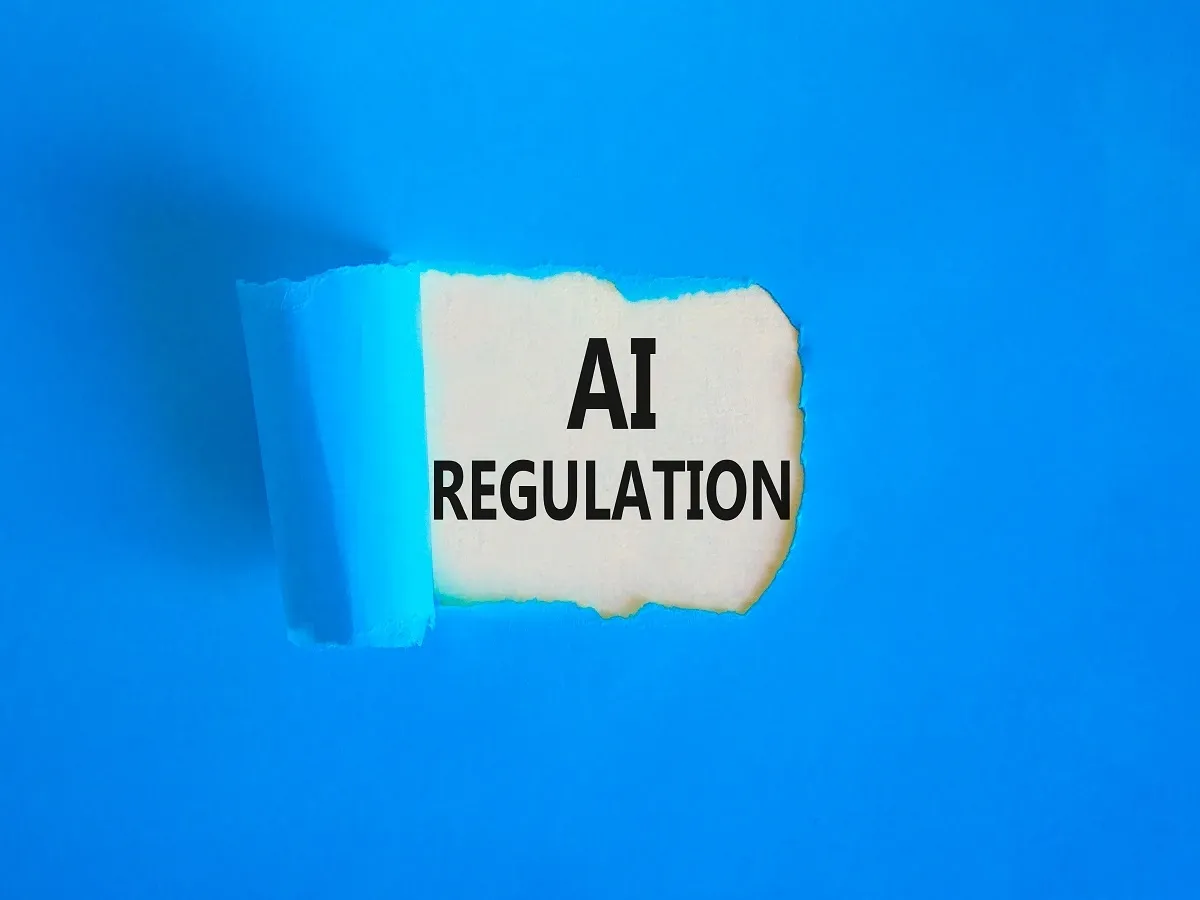Business News
Why Big Tech is opposing California AI bill, despite seeking regulations for artificial intelligence. Explained

4 min read | Updated on August 27, 2024, 18:05 IST
SUMMARY
The Safe and Secure Innovation for Frontier Artificial Intelligence Models Act, or Senate Bill 1047, aims to regulate AI in California by mandating safety testing for the software and bringing kill switches. Tech giants have voiced their concerns regarding the bill saying it will drive developers and entrepreneurs away from the state, which is home to the Silicon Valley tech hub.

Senate Bill 1047 has already been passed by the state Senate by a 31-1 vote
The voting on a bill to broadly regulate how artificial intelligence (AI) is developed and deployed in California is coming closer even though several tech giants have reportedly voiced their opposition against it.
What is the bill?
The legislation, known as Senate Bill 1047 (SB 1047) or Safe and Secure Innovation for Frontier Artificial Intelligence Models Act, advanced by California State Senator and Democrat Scott Wiener, would mandate safety testing for AI models and bring a kill switch in case things go downhill.
The proposal would impose mandatory testing for many advanced AI models that cost more than $100 million to develop or need a definite amount of computing power. Additionally, developers of AI software who operate in California would also be required to state methods to turn off the AI models if they start acting crooked, basically developing a kill switch.
Furthermore, the bill would also allow the state attorney to sue the software developers if they are not compliant with the rules, especially if there’s a threat such as AI taking over government systems. Lastly, the bill would require the developers to hire third-party auditors to check their safety practices and would provide protection to whistleblowers who speak against AI abuses.
Current situation
SB 1047 has already been passed by the state Senate by a 31-1 vote. It has also passed the state Assembly appropriations committee, which led to the setting up of a vote by the full Assembly. If the bill passes before the current legislative session ends on August 31, it would be up to Governor Gavin Newscom to sign or veto the bill by September 30.
California senator Wiener commented that this legislation is necessary to protect the public before AI gets out of control, news agency Reuters reported.
However, many California Congressional Democrats are opposing the bill including Nancy Pelosi and Ro Khanna, whose congressional district covers a large part of San Francisco’s Silicon Valley.
Pelosi has referred to the bill as ill-informed in a release saying that it will cause more harm than good. In an open letter last week, the Democrats said that the bill can drive away the developers from California and threaten the open-source AI models. The codes for open-source AI software are available freely for anyone to use or edit.
Tech leaders on the bill
Tech companies who develop AI software have called for stronger AI regulation citing risks that AI software can one day cause cyberattacks among other things. On the other hand, they are also opposing SB 1047.
Wiener revised the bill, removing the creation of a government AI oversight committee and eliminating criminal penalties for perjury (with the possibility of civil suits) to appease tech giants.
Google and Meta, in a letter to Wiener, expressed their concerns about the bill. Meta said the bill can make the state unfavourable for AI development. Meta’s chief scientist Yann LeCun called the bill potentially harmful to research efforts in a post on X in July. OpenAI commented that AI should be regulated by the federal government as SB 1047 creates an ‘uncertain legal environment’. In its letter to Wiener, OpenAI said that the bill can cause entrepreneurs and developers to exit the state.
One of the major concerns of the bill is for the open-source AI models as tech giants like Meta believe that while open-source models are important for creating less-risky AI software quickly, the bill can hold the tech companies responsible for policing open-source software. This means that these tech companies will be handed additional responsibility to monitor the developments of the open-source software.
Wiener said that he is in support of the open-source models and one of the amendments to the bill has ‘raised the standard for which open-sourced models are covered under its provisions.’
According to the National Conference of State Legislatures, almost 40 states of the USA have introduced bills in 2024 to regulate AI, and around six states have adopted resolutions or passed legislation regarding the technology.
By signing up you agree to Upstox’s Terms & Conditions
About The Author
Next Story

